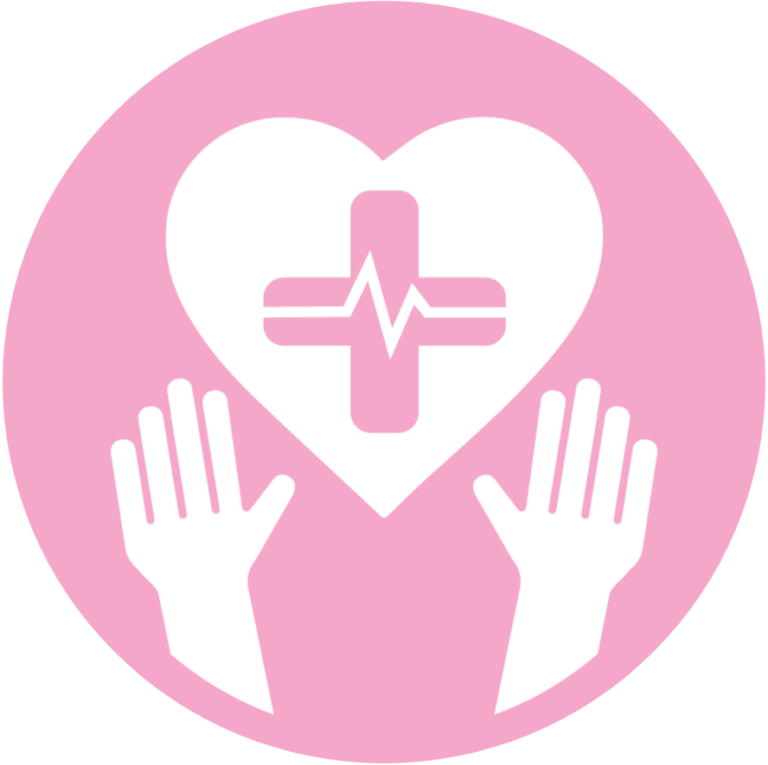From Meaghan Tobin and Márvio Dos Anjos / Rest of World: Mumbuca is a digital currency used in Maricà’s basic income program. Residents, with few eligibility requirements, can qualify for a monthly stipend to purchase goods and services using a smart phone or a card. The currency runs on the digital platform E-dinheiro and can only be spent in the city limits. Individuals cannot swap Mumbucas for national currency, but businesses can after a 48-hour waiting period and a 1% fee. Local currencies, which are popular in Brazil, help residents increase personal savings and, with increased stipends during the Covid-19 pandemic, allowed informal workers to stay home.

